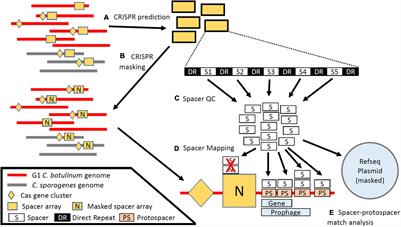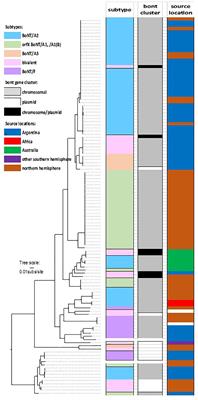EDITORIAL
Published on 18 Jul 2022
Editorial: New insights on botulism, botulinum neurotoxins, and botulinum toxin-producing clostridia
doi 10.3389/fmicb.2022.979653
- 2,327 views
10k
Total downloads
62k
Total views and downloads
EDITORIAL
Published on 18 Jul 2022
ORIGINAL RESEARCH
Published on 09 Feb 2022

MINI REVIEW
Published on 16 Dec 2021

ORIGINAL RESEARCH
Published on 13 Sep 2021

ORIGINAL RESEARCH
Published on 22 Jul 2021

MINI REVIEW
Published on 16 Jul 2021

ORIGINAL RESEARCH
Published on 13 Jul 2021

ORIGINAL RESEARCH
Published on 29 Jun 2021

ORIGINAL RESEARCH
Published on 26 Feb 2021

ORIGINAL RESEARCH
Published on 27 Jan 2021

